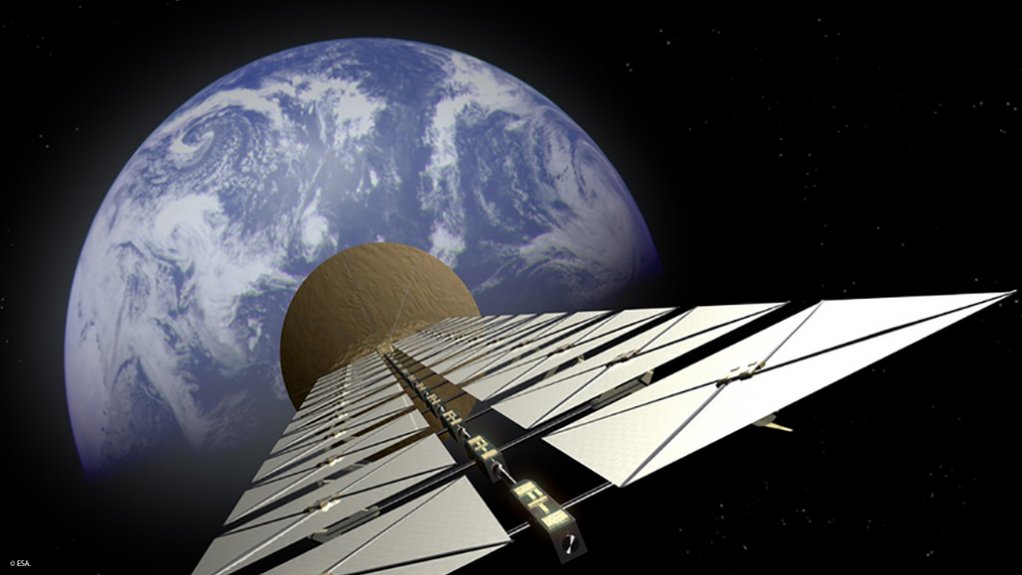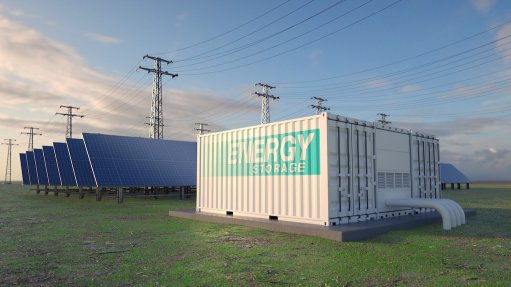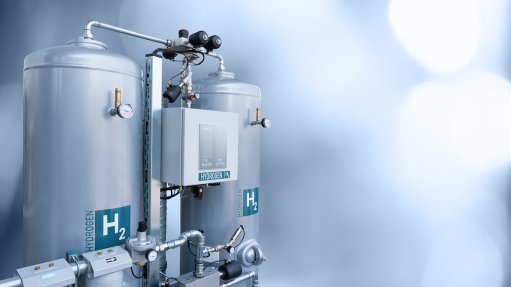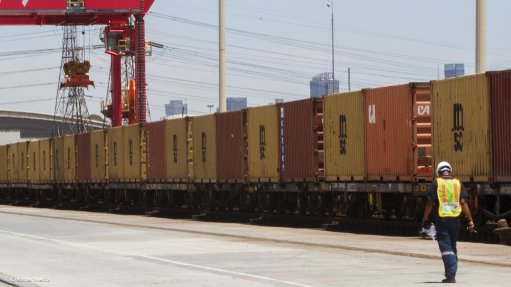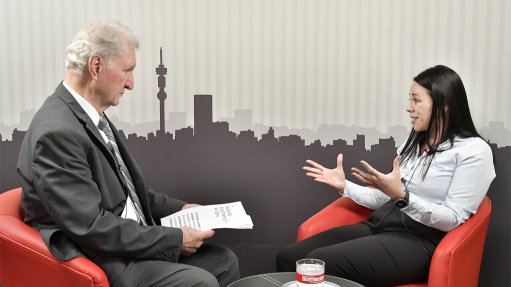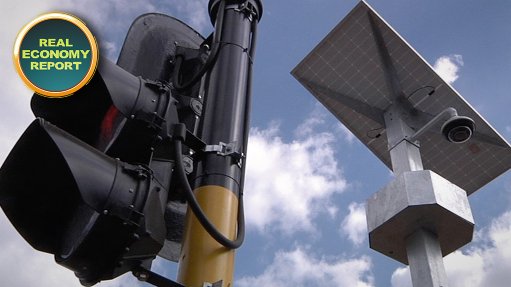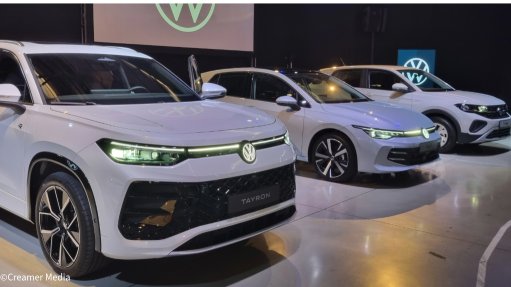UK announces funding for the development of space-based solar power technologies
The UK government has announced that it awarding funding of £4.3-million (about R100.66-million) to seven British universities and technology companies to develop technologies necessary to create a space-based solar power (SBSP) sector, to provide the country with green energy. Of the funding, £3.3-million (some R77.25-million) will be provided by the Department of Energy Security and Net Zero, while the rest will come from the UK Space Agency.
SBSP will see large solar arrays deployed in space, generating electricity, which will then be transmitted down to Earth, using wireless (microwave) technology, in a safe manner, and introduced into terrestrial transmission grids. Space-based solar arrays will be in sunlight for 99% of the time.
The UK is one of a handful of countries seeking to develop this technology, which has enormous potential to provide clean energy. The other countries working in the field include Japan and the US, and earlier this month scientists at the California Institute of Technology, in the US, reported that they had successfully transmitted solar power from space to the Earth, the first time that this has ever been achieved.
“Space technology and solar energy have a long history – the need to power satellites was a key driver in increasing the efficiency of solar panels which generate electricity for homes and businesses today,” highlighted UK Space Agency payload systems lead Dr Mamatha Maheshwarappa. “There is significant potential for the space and energy sectors to work together to support the development of [SBSP], and the UK Space Agency has contributed £1-million [some R23.41-million] to these innovative projects to help take this revolutionary concept to the next level.”
Cambridge University will get more than £770 000 (over R18-million) to develop solar panels that will be ultralightweight yet able to survive a long time in high-radiation space environments. Queen Mary University, in London, is to receive more than £960 000 (over R22.47-million) to develop a long-range, high-efficiency, wireless transmission system. MicroLink Devices UK will be given more than £449 000 (over R10.5-million) to develop a new generation of flexible and lightweight solar panels. The University of Bristol will get more than £353 000 (over R8.26-million) to create a solar space wireless power transfer capability simulation.
The Satellite Applications Catapult (a private company) has been assigned the greatest amount of the funding, but for two separate projects under the SBSP programme. It will receive more than £999 000 (over R23.38-million) to develop an experiment to test its space satellite antenna technology’s electronical beam steering and quality. And it will also get £424 000 (R9.92-million) for a study about how commercial SBSP can be advanced in the UK.
Imperial College London will get over £295 000 (more than R6.9-million) to assess the core benefits and effects of SBSP, including how it could be integrated into the UK national grid alongside other green energy sources. And the EDF Energy R&D UK Centre will be awarded more than £25 000 (over R585 000) to study how to improve awareness of the value of SBSP as an energy source for the UK.
“I want the UK to boldly go where no country has gone before – boosting our energy security by getting our power directly from space,” affirmed UK Energy Security and Net Zero Secretary (equivalent to Cabinet Minister in South Africa) Grant Shapps. “We’re taking a giant leap by backing the development of this exciting technology and putting the UK at the forefront of this rapidly emerging industry as it prepares for launch.”
Comments
Announcements
What's On
Subscribe to improve your user experience...
Option 1 (equivalent of R125 a month):
Receive a weekly copy of Creamer Media's Engineering News & Mining Weekly magazine
(print copy for those in South Africa and e-magazine for those outside of South Africa)
Receive daily email newsletters
Access to full search results
Access archive of magazine back copies
Access to Projects in Progress
Access to ONE Research Report of your choice in PDF format
Option 2 (equivalent of R375 a month):
All benefits from Option 1
PLUS
Access to Creamer Media's Research Channel Africa for ALL Research Reports, in PDF format, on various industrial and mining sectors
including Electricity; Water; Energy Transition; Hydrogen; Roads, Rail and Ports; Coal; Gold; Platinum; Battery Metals; etc.
Already a subscriber?
Forgotten your password?
Receive weekly copy of Creamer Media's Engineering News & Mining Weekly magazine (print copy for those in South Africa and e-magazine for those outside of South Africa)
➕
Recieve daily email newsletters
➕
Access to full search results
➕
Access archive of magazine back copies
➕
Access to Projects in Progress
➕
Access to ONE Research Report of your choice in PDF format
RESEARCH CHANNEL AFRICA
R4500 (equivalent of R375 a month)
SUBSCRIBEAll benefits from Option 1
➕
Access to Creamer Media's Research Channel Africa for ALL Research Reports on various industrial and mining sectors, in PDF format, including on:
Electricity
➕
Water
➕
Energy Transition
➕
Hydrogen
➕
Roads, Rail and Ports
➕
Coal
➕
Gold
➕
Platinum
➕
Battery Metals
➕
etc.
Receive all benefits from Option 1 or Option 2 delivered to numerous people at your company
➕
Multiple User names and Passwords for simultaneous log-ins
➕
Intranet integration access to all in your organisation



